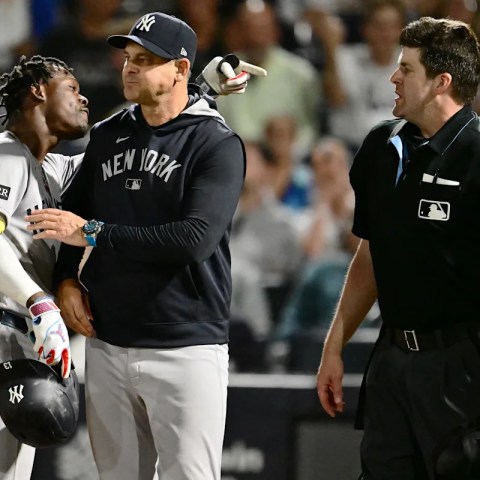A federal judge has allowed the Trump administration to move forward with plans to remove many U.S. Agency for International Development (USAID) employees from their jobs, both in the U.S. and abroad. This decision came after U.S. District Judge Carl Nichols lifted a temporary block on the administration’s efforts.
Under this plan, most USAID staffers would be required to return to the U.S. within 30 days at government expense. The action has sparked a lawsuit from unions representing workers, many of whom fear being stranded in unsafe countries. The lawsuit cites serious concerns, including delays in medical evacuations for those in critical situations, such as high-risk pregnancies. Staff members reported that the Trump administration has made it difficult for them to get necessary medical help during emergencies.
Judge Nichols noted that the staff injuries stemmed from their existing jobs and found that the unions’ legal challenge should be addressed under federal employment laws, rather than in district court. The judge also expressed concern for the safety of employees working in high-risk areas, though he was reassured that emergency communication tools would still be available to them.
Meanwhile, the Trump administration, supported by the Department of Government Efficiency, has claimed that USAID’s work is wasteful and not aligned with its priorities. This has led to several lawsuits challenging the layoffs, the agency’s shutdown, and the freezing of foreign assistance.
Concerns are especially high for pregnant employees. Reports indicate that some women have been stuck in dangerous locations without adequate medical support. One staff member described a dire situation, stating that her life could be at risk if she couldn’t get a medical evacuation in time. After a series of complications, a senator had to intervene to facilitate another woman’s evacuation, but it was deemed too late for her to travel safely back to the U.S.
As the situation unfolds, many USAID workers feel stranded and confused about their future. The lifting of the court order means that thousands of employees abroad are now on a tight deadline to return home. They have reported being left without guidance or financial support during emergencies, adding to their worries. The administration has faced criticism for failing to provide proper assistance to those who have been evacuated from politically unstable regions.
Moreover, ongoing funding freezes have put essential programs on hold, including critical health initiatives like the President’s Emergency Plan for AIDS Relief (PEPFAR), which has been crucial in saving lives across Africa. Staff cuts also pose a risk to disaster response efforts worldwide, leaving programs vulnerable and unable to function effectively.
In summary, the unfolding changes at USAID are affecting many lives and raising numerous concerns about safety, support, and the future of global aid initiatives.
Source link
Donald Trump, U.S. Agency for International Development, Marco Rubio, Carl Nichols, United States government, Labor, Democratic Republic of the Congo, Africa, Legal proceedings, Lawsuits, Uganda, General news, United States, Pregnancy and childbirth, Government and politics, Washington news, Pete Marocco, Political violence, Labor unions, Elon Musk, Health care costs, Politics








:max_bytes(150000):strip_icc()/280901_Chef-Johns-Salisbury-Steak-2x1-71f119c39bb14588ac8ac5cb3ca47e07.jpg?w=480&resize=480,480&ssl=1)
